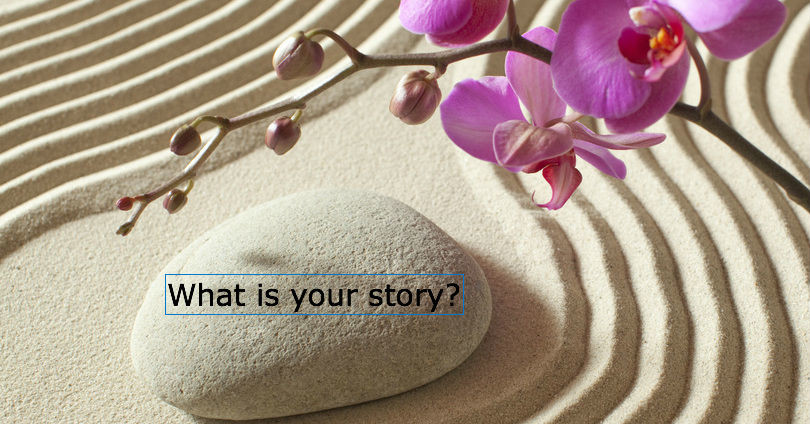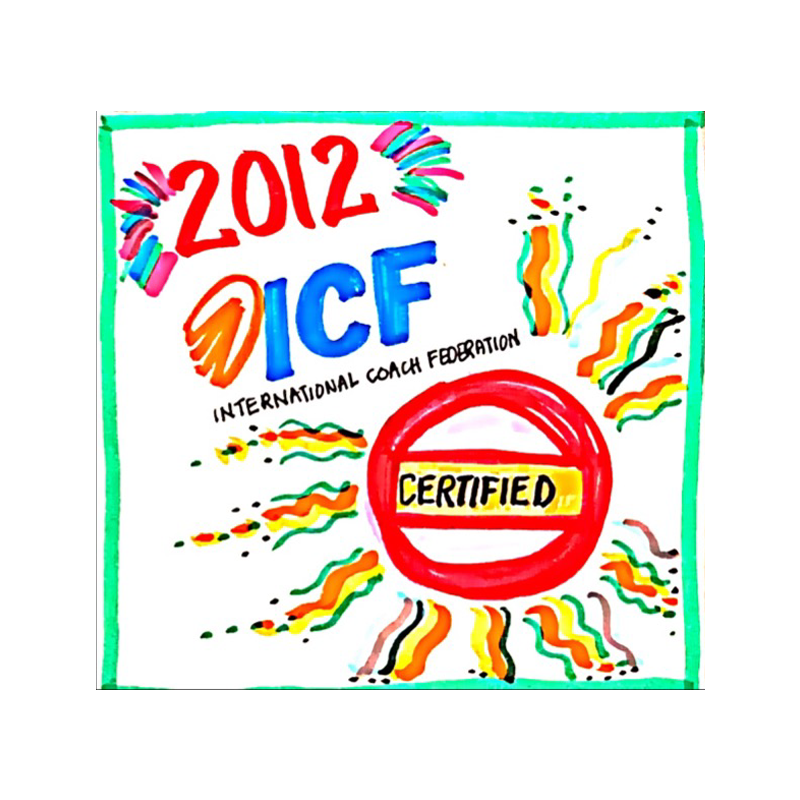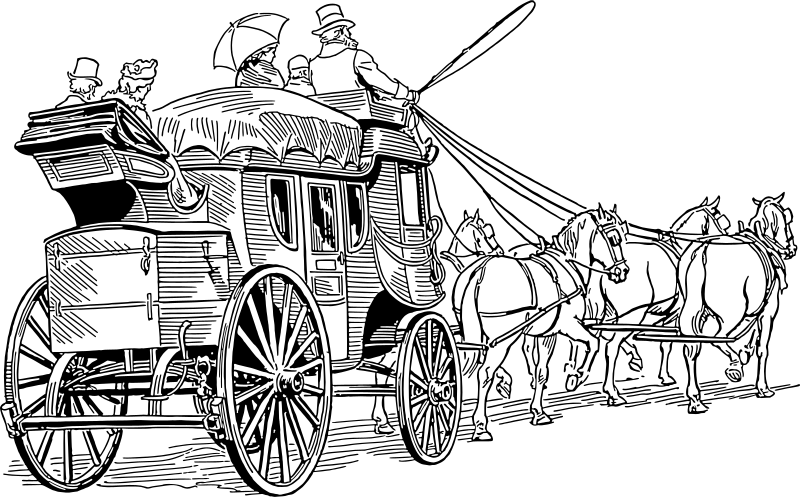Coaching to Meet UN Sustainability Development Goals (UN SDG)
14 July 2021
Background
The UN [i]Sustainable Development Goals (SDG) are a universal call to action to end poverty, protect the planet, and improve the lives and prospects of everyone, everywhere by 2030. The 17 Sustainable Development Goals (SDGs) are the agreed call for action by developed and developing countries in a global partnership. They recognize that ending poverty and other deprivations must go hand-in-hand with strategies that improve health and education, reduce inequality, and spur economic growth; at the same time, it tackles climate change and works to preserve our oceans and forests.
Achieving the SDGs necessitates a transformation of economies, societies and human behaviour. At the SDG summit in September 2019 in New York the [ii]Heads of State and Government recognized that despite advances in some areas, progress was uneven and, overall, the world was not on track to deliver on the Sustainable Development Goals by 2030.
Education and SDG
The [iii]Principles for Responsible Management Education (PRME) are initiated by the United Nations Global Compact, a UN supported platform, to raise the profile of sustainability in schools around the world. This is done by equipping today’s business students with an understanding and ability to deliver change tomorrow. PRME is a collaborative, collegial learning community that shares good practices to inspire and champion responsible management education, research and thought leadership globally. Universities influence and shape tomorrow’s business leaders and society. It is therefore important to embed responsible and sustainable business practices in the curriculum.
[iv] Dr Dorrian Elizabeth Aiken and Dr Salomé Van Coller-Peter of University of Stellenbosch Business School in their article published in USB management review noted that various researchers have pointed out: to lead effectively in the 21st century, business leaders require technical excellence and experience, as well as the ability to understand and respond positively in terms of the complex range of human experience. They face a business world fast becoming unpredictable – often described as volatile, uncertain, complex and ambiguous (VUCA). They argue that business schools can contribute to ethical, resilient leadership that can meet the Sustainable Development Goals when these schools equip potential leaders with coaching competencies. This requires both translational and transformative learning. Translational as what leaders should know and do – knowledge and competencies. Transformational as the ability to connect the dots – an ability to think in increasingly complex ways, to be comfortable with multiple perspectives.
Coaching defined
Coaching as defined by ICF (International Coaching Federation) is partnering with clients in a thought-provoking and creative process that inspires them to maximize their personal and professional potential.
The essence of coaching as defined by ICC (International Coaching Community) is:
- To help a person change in the way they wish and helping them go in the direction they want to go.
- Coaching supports a person at every level in becoming who they want to be.
- Coaching builds awareness, empowers choice, and leads to change.
Dr Dorrian Elizabeth Aiken and Dr Salomé Van Coller-Peter believe that coaching skills help to grow more awareness of complexity and ambiguity, and consequently build more resilience in leaders. They believe that leaders with a skilful coaching style stand a greater chance of harnessing the positive commitment of employees because of the fundamental principles of coaching: listening attentively, building trust, encouraging potential, and ensuring accountability. The reflective practice results in transformational change to the team.
[v]Karen Tidsall (CEO of InterCHANGE People Development) in her article in Training Journal suggests that coaching is a key tool in building sustainable achievement at work. Embedding a coaching culture gives managers the skills to behave in ways that inspire an adult response, to use a coaching style in daily conversations. The [vi]ILM research 2010 ‘Creating a Coaching Culture’ found 95% of leaders saw direct benefits to the organisation, and 96% saw benefits to the individual when coaching was introduced. The list of benefits were improved communication and interpersonal skills, leadership skills, conflict resolution, personal confidence, attitudes and motivation, management performance, as well as preparation for a new role or promotion.
Coaching Leadership Style
The article “[vii]Coaching Leadership Style Advantages, Disadvantages and Characteristics,” published by the Future of Work blog, states that a Coaching Leadership Style is a guiding leadership style. They are not coaches but do have coaching skills. Instead of showing their direct reports how to do something, or delegating work to them directly, the coaching leader encourages people to try something new on their own. This leadership welcomes both positive and negative feedback, forgiving in failures. They have high EQ, empathy and self-awareness to be able to develop and improve the performance and competencies of the team, as well as a supportive environment for each person on their team to develop their strengths.
Coaching Social Leaders
Based on her reasoning, it is not just the transfer of coaching skills but being selective on WHO is being coached, that help to meet the Sustainability Development Goals. It follows that coaches can choose to be the catalysts to build capacity for change agents or Social Leaders to grow and elevate their impact in the world. [viii]ICF Foundation, through its ignite program, provides a platform for ICF coaches to volunteer in pro bono coaching projects to accelerate the UN SDG. Ignite program envisions a world in which coaching accelerates and amplifies positive impact on humanity and the planet, through coaching to meet the challenges of local and global challenges.
Sustainability coaching model: COCOON – My coaching model
My previous corporate position in Sustainability and Corporate Social Responsibility had a big influence in how and who I coach. How I coach has sustainability embedded in my coaching model, COCOON. The process in the COCOON model encourages active reflective thinking to move the client forward – to encourage the client to expand awareness for greater clarity about their limiting beliefs and their motivation; to get the client to understand their coaching journey such that the client will be able to self-coach and adopt a coaching leadership style; to experience not just learning but the process of learning itself. Martha Beth, New York Times Best Seller, puts it well: “We each have the ability to learn wisdom, and as we learn wisdom, we become our own counsellor, and we start using experience as our teacher. And then we’re home free.” Self-Coaching is sustainable self-development, as no one knows you better than you, yourself. You are the expert in your own life and your work. With self-awareness, you learn to listen to your inner intelligence, be creative and resourceful. With the coaching toolkits, you can elicit your own self-discovered solutions to your problems!
In who I coach, it is my personal contribution in trying to meet SDG 17, to build capacity for change in leaders that will create impact and are empowered to grow. My niche is in coaching . Social leaders, as defined by The Centre for Social Leadership, are leaders who devote one’s life and talents to improving society regardless of social standing, wealth, or privilege. A social leader is someone who empowers other leaders.
I don’t have the skill to be a changemaker and make direct impact on the ground but I can support the changemakers, the social leaders, through coaching. I coach social leaders for a ripple impact. As a coach, I partner with passionate social leaders to GROW and ELEVATE their impact to achieve their dream of building a better world.
Coaching to meet SDG
There is an urgency for the world to play catch up to meet the SDG dateline in 2030. There is urgency for transformational change in existing leadership thinking and mindset, and this can be done through coaching.
Coaching has a big role in meeting SDG 2030 particularly in how we train future leaders in our education system and bringing transformational learning centre stage in learning & development of existing leaders.
References:
[ii] https://sustainabledevelopment.un.org/content/documents/26298HLPF_2020_impact_COVID19.pdf
[iii] https://www.unprme.org/about
[iv] https://www.usb.ac.za/usb_insights/how-coaching-skills-can-help-leaders-to-deliver-on-the-sdgs/
[v] https://www.trainingjournal.com/articles/feature/5-steps-sustainable-organisation
[vi] https://www.institutelm.com/resourceLibrary/creating-a-coaching-culture-2011.html
[vii] https://futureofworking.com/coaching-leadership-style-advantages-disadvantages-and-characteristics/
[viii] https://foundationoficf.org/engage/ignite/







